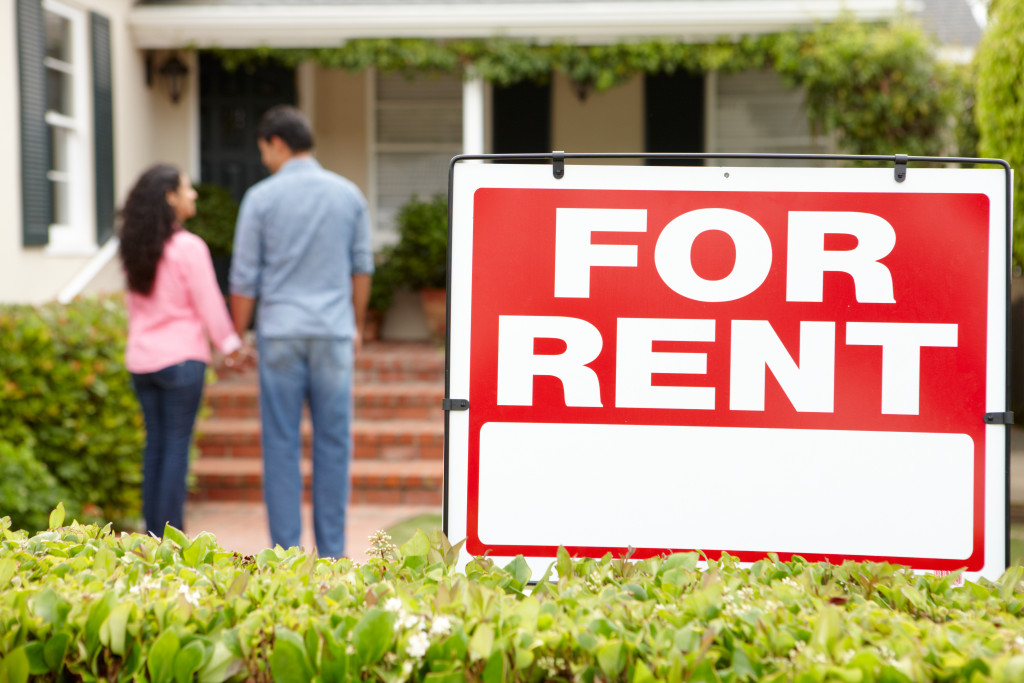- Install smoke detectors and regularly test them for functionality.
- Make repairs and maintenance a priority: check the roofing, plumbing system, pest infestations, and electrical wiring.
- Secure the property by installing deadbolts or a keyless entry system; also, install a reliable security system.
- Keep up-to-date with laws and regulations related to your rental home business.
- Invest in professional insurance to protect your business from potential liability.
As a landlord, it’s crucial to ensure your tenants live in a safe and secure environment. Providing a safe environment for your tenants should be a top priority for their protection and to avoid any legal action resulting from inadequate safety measures. This blog post will discuss how you can ensure tenant safety in your rental home business.
1. Install Smoke Detectors
Installing a smoke detector is one of the best things you can do to ensure the safety of your tenants. Smoke detectors can alert your tenants in case of a fire and increase their chances of survival. Install smoke detectors in every room and test them regularly to ensure they’re functioning correctly. You should also provide your tenants with written instructions on how to test and maintain the smoke detectors. They should also know what to do if the smoke detector goes off.

2. Make Repair and Maintenance a Priority
Routine maintenance and repairs are essential for ensuring the safety of your tenants. Leaking pipes, broken staircases, and other potential safety risks should be addressed immediately to prevent accidents. Taking the necessary steps to fix problems as soon as possible is essential. Here are some tips:
a. Check the roofing
Most rental homes have roofing issues that can be dangerous if not addressed immediately. Inspect the roof for leaks or damage, and repair it promptly if necessary. Work with professional roofing services to ensure that the job is done correctly.
b. Inspect the plumbing system
A faulty plumbing system can cause various issues, including water damage and health risks. Common problems include leaking pipes, backed-up drains, and faulty valves. You should also check for any signs of mold or mildew, which can create an unhealthy living environment.
c. Check for pest infestations
Pest infestations can be damaging to your tenants’ health and safety. Some of the common pests include rats, mice, and cockroaches. Look for any signs of these pests, such as droppings or gnawed wood, and take the necessary steps to eliminate them.
d. Upgrade electrical wiring
Old and outdated electrical wiring can be a major safety hazard. Make sure to hire an experienced electrician to inspect and upgrade the electrical wiring in your rental home. This will ensure your tenants live in a safe and secure environment.
3. Secure the Property
Securing the property is another essential aspect of ensuring tenant safety. Ensure all entryways, including doors and windows, are secure and have functional locks. Install deadbolts or consider using a keyless entry system, which will make it more difficult for unauthorized people to gain entry into the property. You should also install a reliable security system to monitor the property and alert your tenants of suspicious activity.

4. Know the Laws and Regulations
As a landlord, you must keep up-to-date with all the laws and regulations related to your business. You should be aware of the safety codes and regulations for rental properties in your region and ensure that your properties comply. You should also be mindful of the state and federal laws that protect tenants and ensure that you provide a safe and habitable place to live.
For example, The Fair Housing Act prohibits landlords from discriminating against tenants based on race, color, and religion. This includes providing safe housing to all tenants regardless of their background. You should also be familiar with and abide by the local landlord-tenant laws.
5. Invest in Professional Insurance
Investing in professional insurance is one of the best ways to protect your rental home business from potential liability. This will help cover the costs of any damage or injury caused by negligence. Research different insurance policies and choose one that best fits your needs. Your tenants will also feel more secure knowing you have the right insurance.
As a landlord, ensuring tenant safety is crucial. Maintaining a safe and habitable environment protects your renters and helps you avoid legal action. Install smoke detectors, prioritize repairs and maintenance, secure the property, know the laws and regulations, and invest in professional insurance to ensure your tenants live in a safe and secure environment. These steps will help you give your tenants peace of mind in their rental homes.

